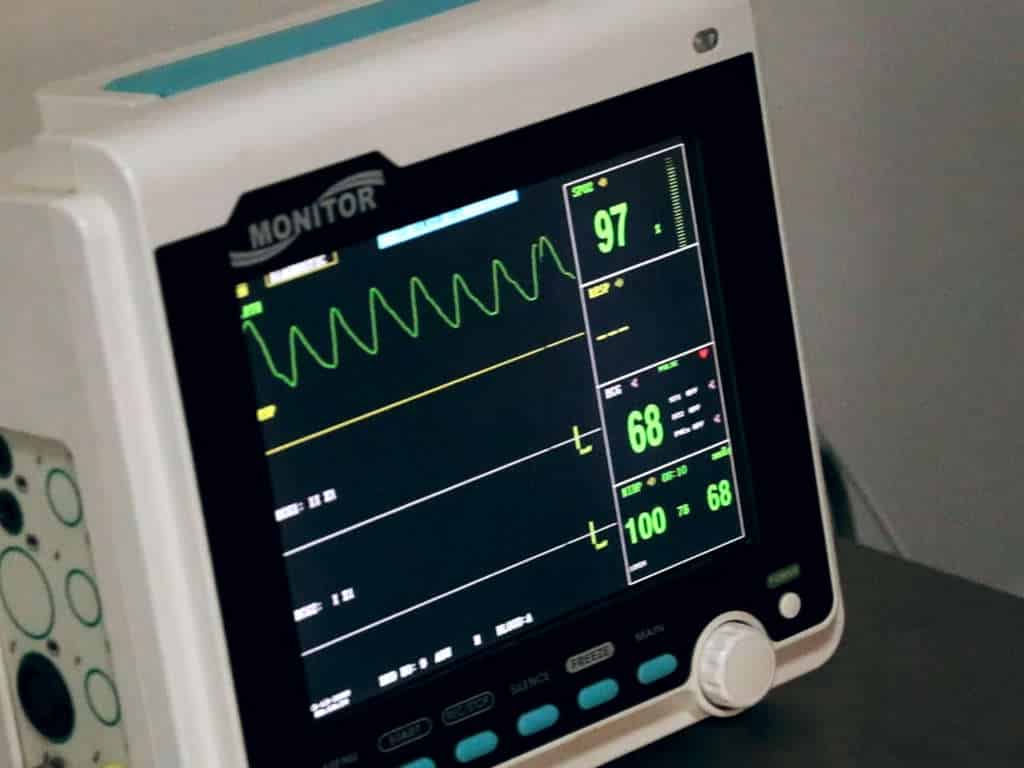What are Narcotic Analgesics?
Narcotic analgesics are drugs that reduce pain. There are two types of narcotic analgesics: opiates and non-opiates. Opiates work by binding to receptors in the brain called opioid receptors. These receptors, when activated, create a sensation of euphoria or well-being, which reduces the perception of pain and provides relief from emotional distress.
Non-opiates work by binding to receptors in the brain called acetylcholine receptors. These receptors, when activated, block the individualmission of signals from nerve endings to the brain and provide relief from pain by reducing inflammation in the body.
Narcotic analgesics come in various forms including pills (tablets), capsules (soft gelatin capsules), suppositories (rectal inserts
Opioid Analgesics
Opioid analgesics are medications that reduce pain from certain medical conditions by acting on opioid receptors in the brain. The word “analgesic” means “pain reliever”.
Opioid analgesics work by binding to opioid receptors, which are found on nerve cells in the brain, spinal cord and in other parts of the body. Opioid receptors are part of a larger group of receptors known as G-protein coupled receptors (GPCRs). When opioids bind to these receptors, they interfere with the messages that nerves send to the brain about pain. This reduces or eliminates both physical and emotional pain.

What are the Differences between Some Narcotic Analgesics?
Narcotic analgesics differ on how they are absorbed, distributed, metabolized and excreted. Some morphines, such as coworkforce fairness initiativesne, originate from animals.
Other medications such as heroin, hydrocodone, hydromorphone, Oxocodona and Oxonomone have morphines modified using semi synthetics. There are three major groups of opioids: those that are structural like morphine (the phénants), those that resemble fentanyl (the fentanylpiperidines), and those who resemble methadone (the phenanthrens).

What are Narcotic Analgesic Drugs Prescribed for?
Narcotic analgesics are prescribed for chronic pain relief. Narcotic analgesics are prescribed for a variety of conditions, including:
- Chronic non cancer pain
- Postoperative pain
- Cancer pain
- Severe acute or chronic pain (such as from shingles) that cannot be controlled with other treatments
Treatment for Chronic Pain or Moderate Pain Relief
Narcotic analgesics are a type of pain reliever that is used to treat moderate to severe pain management for certain medical conditions. This type of medication may be prescribed on an as-needed basis or as a long-term solution.
How do Narcotic Analgesics Work in the Body?
Narcotics work by binding to receptors in the brain and spinal cord, which reduces the perception of pain. These drugs can be either synthetic or semi-synthetic, depending on their origin.
Opioid Receptors
Narcotic analgesics bind to three types of opioid receptors exist: the mu receptors, the kappa, and the delta receptors . Binding to the three receptors will lead to the analgesic effects, but also to some severe side effects like sedation, euphoria , respiratory depression, constipation, and physical dependence.
Immediate Release Opioids
Narcotic analgesics are a type of pain reliever that is used to treat moderate to severe pain management for certain medical conditions. This type of medication may be prescribed on an as-needed basis or as a long-term solution.

Side Effects of Narcotic Analgesics
Like other drugs, a narcotic analgesic can cause side effects when taken, especially when taken at a high dose. A licensed physician will suggest taking narcotic analgesic drugs with close monitoring and as prescribed. They should only be taken when given a proper diagnosis by a doctor. If not, dependence may occur, leading to abuse of the drug.
Most Common Adverse Effects
Side effects of narcotic analgesics can include:
- Dizziness
- Constipation
- Nausea
- Vomiting
- Lightheadedness
Are Narcotic Analgesics Considered Safe?
No, not always. It is possible to develop severe respiratory depression and overdose by using analgesic narcotics. Symptomatic opioid dependence may occur if there is a repeat or increase in use of opioids in a single day for more than ten days, or if there is a prolonged use in conjunction with other medications. Severe opioid abuse disorders are defined as clusters with six or more issues which can affect people from different educational and economic and social backgrounds.
Can Narcotic Analgesics Be Addictive?
Yes, narcotic analgesic have a high risk for drug abuse. They produce a “high” feeling in those who take them, and once a dependence develops, cravings are more common. Typically, these drugs are taken with a treatment plan and on a regular schedule, but when taken in high doses, the drug can be abused and lead to dependence or addiction.
Narcotic Analgesic Withdrawal Symptoms
Narcotic analgesics withdrawal is the body’s response to the discontinuation of a drug. The withdrawal symptoms for narcotic analgesics can be severe, and the process can take months to complete.
The body will begin to experience physical symptoms such as nausea, vomiting, diarrhea, sweating, fever, muscle cramps and pain. Psychological symptoms include anxiety, depression and insomnia.
Addiction Treatment at Careplus New Jersey
At Careplus New Jersey our programs are designed to support people struggling with addiction and any co-occurring disorders who need to continue working during the day or for those who have other daytime obligations or responsibilities that would otherwise preclude them from attending inpatient treatment.
This service for addiction treatment was established to provide seamless access to wraparound services that support wellness and recovery. The Addiction Recovery Services connects enrolled individuals with regular medication monitoring, and therapeutic support through a multidisciplinary team complete with medical staff including board-certified American Society of Addiction Medicine physicians, psychiatrists and experienced nursing staff, as well as licensed clinicians providing therapeutic interventions.

Morphine
Morphine is a powerful opioid that is used to alleviate pain and suppress cough or to manage pain after surgery when someone cannot take other medications. It can be taken as an injection or as a pill by mouth. People with acute asthma may be given morphine by mouth or nebulizer (a machine that converts liquid medicine into a fine mist) in the emergency room.
Side effects of morphine include nausea, vomiting, constipation, itching, dry mouth and confusion. Serious side effects include slowed breathing and low blood pressure which may result in fainting or dizziness when standing.

Dilaudid
Dilaudid is an opioid medication used to treat moderate to severe pain. It is a semi-synthetic opioid that is structurally similar to morphine. It is usually given intravenously, intramuscularly or orally. The drug was developed in the 1950s by medical researchers at Knoll Pharmaceutical Company and has been on the market since 1961.
Dilaudid’s main component, hydromorphone, binds to opioid receptors in the brain and spinal cord, which decreases the perception of and response to pain. Dilaudid also causes drowsiness, which can lead to dizziness or lightheadedness when moving from a sitting or lying position.

OxyContin
Oxycontin is a medication that is used to help people with chronic pain. It can be used as a tablet or in liquid form. It is an opioid, which means it has similar effects as other drugs like morphine and heroin. This medication can be taken by mouth, or it can be injected into the body. The effects of this drug are felt within 10-20 minutes and last for about 4-6 hours.

Actiq
Actiq is an opioid and should not be used for the treatment of chronic pain. It is only appropriate for short-term relief of severe pain.
Actiq (fentanyl) is a strong opioid medication prescribed to treat breakthrough pain in cancer patients who are already taking other opioids for their chronic pain. Actiq comes in the form of a small lollipop which dissolves on the tongue and can be used as needed for short periods of time (usually 1-2 hours). It is also available as a lozenge that can be dissolved in the mouth or placed under the tongue, or as an injection given by your doctor.
